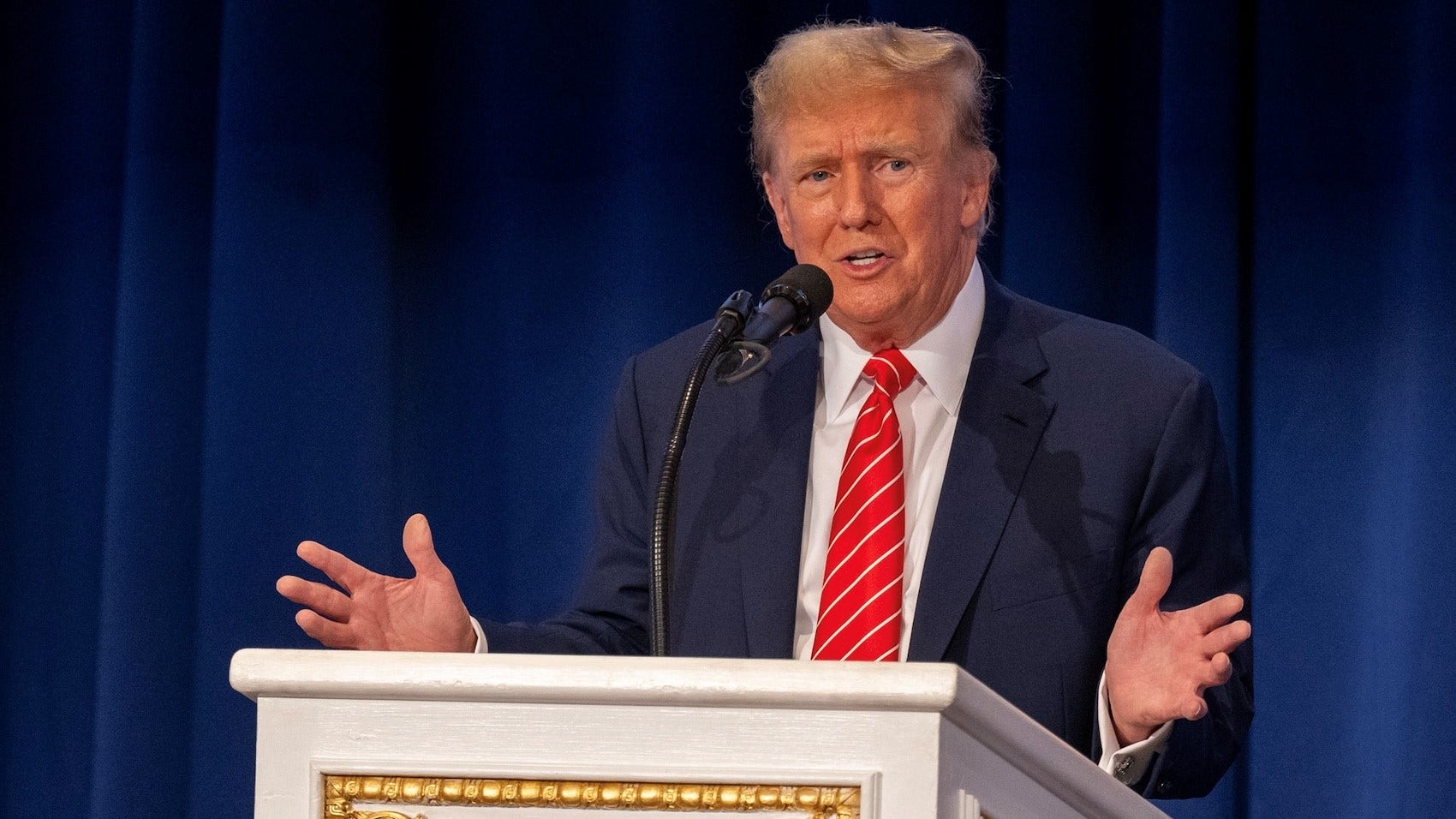Trump plans to make changes at the State Department without Senate confirmation, according to a source.
Typically, political appointees wait for Senate confirmation while career State Dept officials manage these crucial positions.

Trump intends to reorganize the State Department by placing new appointees in key positions.
According to a source close to the matter, the new Trump administration will promptly assign new officials to critical operational positions at the State Department to align the department's operations with the Trump foreign policy agenda from the outset.
The Trump administration is appointing dozens of "senior bureau officials" to oversee key positions, with career State Department employees serving under Trump-aligned officials.
According to Reuters, Trump officials have requested others to step aside, resulting in a total of approximately 30 senior positions being affected by this initiative. These positions include all undersecretaries and those responsible for overseeing key regional, policy, and communications bureaus.

The transition team spokesperson stated that it is appropriate for the transition to seek officials who share President Trump's vision for prioritizing the nation and American workers. The team has a lot of failures to address, and this requires a dedicated team with the same goals.
According to a Reuters report, three senior career diplomats were recently asked to resign by Trump's transition team.
The State Department's workforce and internal coordination are overseen by Dereck Hogan, Marcia Bernicat, and Alaina Teplitz, who were allegedly asked to leave their roles as career diplomats.
Unlike political appointees, diplomats usually do not resign when a president departs office.
Trump's move to target the "deep state" is a continuation of his efforts to transform the government bureaucratically.
Trump consistently expressed his dislike for the foreign affairs agency, referring to it as the "Deep State Department" and implying that career diplomats were attempting to undermine his policies.
Trump's Secretary of State nominee, Marco Rubio, pledged to work with him towards an "America first" agenda and make the agency relevant again during his confirmation hearing.
Over the past 20 years, under various administrations, the influence of the State Department has decreased due to the actions of other agencies and National Security Councils, as it takes a long time for the State Department to act, according to Rubio.


"As a result, you are no longer invited to meetings and given leadership roles, as it becomes increasingly difficult to achieve outcomes."
In the modern federal bureaucracy, the department's core mission has not been clearly defined, and it is our responsibility to clarify it.
The State Department should be relevant again because it has a wealth of talented individuals who are subject-matter experts and skilled in diplomacy. However, it is not being fully utilized due to internal inertia and structural issues. We need to be involved in decision-making and for the State Department to be a source of innovative solutions and successful implementation.
Rep. Brian Mast, R-Fla., the chairman of the House Foreign Affairs Committee, stated that he intended to identify individuals within State who were responsible for directing the "woke" funding initiatives at the department.
"If individuals are writing grants with a radical agenda, such as promoting drag shows abroad and failing to tie their actions to U.S. national security interests, they should be aware that their activities will be monitored, and the State Department may take action to prevent their continued existence."
politics
You might also like
- California enclave announces it will cooperate with immigration officials and the Trump administration.
- Danish lawmaker urges Trump to abandon Greenland acquisition plan.
- Now, the Dem who labeled Trump an "existential threat to democracy" is obstructing his nominees.
- The lawyer for Hegseth criticizes the "dubious and inaccurate" testimony of his ex-sister-in-law.
- The House GOP outlines a plan to improve the healthcare system, emphasizing its impact on national defense.



















